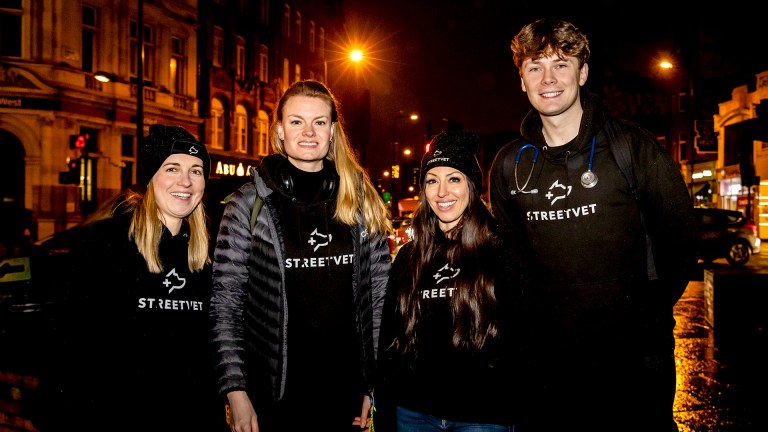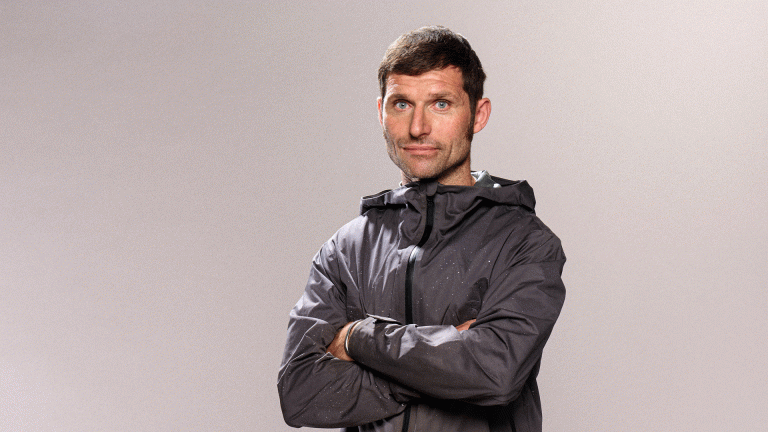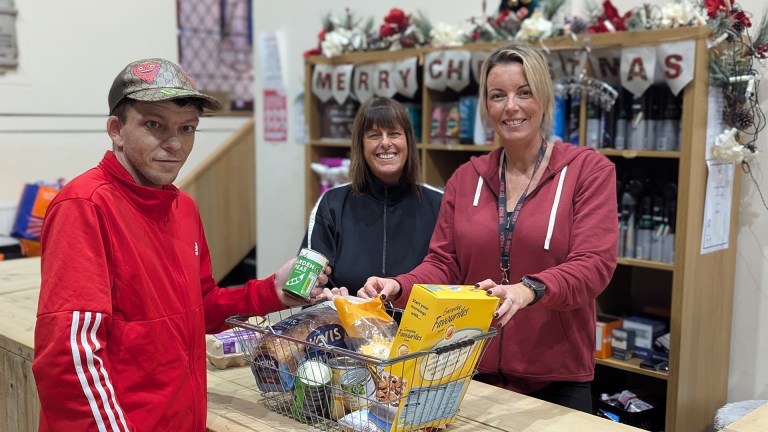Whether it’s working from home or many aspects of life moving online, people are meeting in person less and less. Over the years Big Issue has talked about a growing loneliness epidemic, but usually in relation to older generations. At the forefront of the crisis, however, are young people, with 16- to 24-year-olds more likely to be lonely than any other age group.
According to government research, more than a third of young people say they feel lonely often, always, or some of the time. This may seem surprising. Young people are considered the best-connected generation ever, with 24/7 channels of communication and new ways of meeting people, including dating apps and social media. But living online more than any other age group means they’re also on the frontline of changes driving people apart.
This is brought into sharp focus at Christmas time, when loneliness spikes and 17% of people feel more isolated.
Get the latest news and insight into how the Big Issue magazine is made by signing up for the Inside Big Issue newsletter
“Christmas is an especially difficult time, because it’s when people come together,” explains Professor Andrea Wigfield, director at the Centre for Loneliness Studies at Sheffield Hallam University and the Campaign to End Loneliness. The ultra-social season of office parties and visits from long-lost relatives can reinforce a feeling of isolation for those not able or used to seeing others. Breaking the cycle of loneliness, even for a short period like Christmas, can be difficult.
“To reduce or prevent loneliness you need to have meaningful relationships,” says Wigfield, adding that online bonds are never as meaningful as in-person ones. “When you meet someone in person for the first time, you can see body language, you can get a perception of that person which you can’t get online. You lose those vitally important first impressions. [Apps] can be used as a tool if you use them carefully, but they shouldn’t replace face-to-face contact.”









